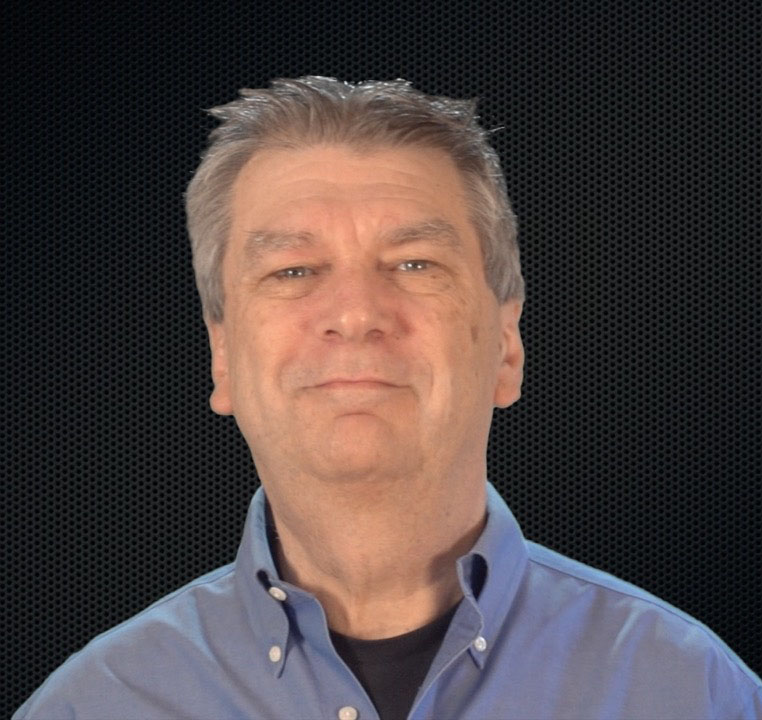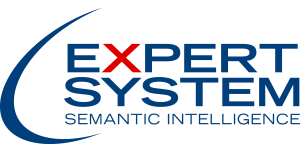To register for this webinar, please fill out the below form and click "Submit."
Organizing Data and
Knowledge - The Role of
Taxonomies and Ontologies
DATE: August 10, 2017
TIME: 2 PM Eastern / 11 AM Pacific
PRICE: Free to all attendees.
About the Webinar
No single approach to knowledge classification and access is best
for every application. This webinar will help participants choose the right approach(es)
to support their own cognitive computing application.
The science and engineering of data management for computational efficiency is well-understood. We have algorithms and heuristics to pre-fetch data and instructions and distribute them based on properties of the algorithms, data sets, applications, and system software and hardware. We have decades of experience fine-tuning hardware, networks, operating systems, compilers and applications based on physics. Now we need to start thinking in terms of biology.
Fortunately, we don’t have to actually model the 100B neurons or 100-500 trillion synapses in the human brain in hardware or software. We do need a well-specified knowledge model to organize refined data based on how we expect to query and further refine it. What we store constrains which questions a cognitive system may be able to answer. How we organize this knowledge may determine whether our system can answer questions or generate hypotheses efficiently or effectively.
About the Speaker
Adrian Bowles
Founder, STORM Insights, Inc.
 Adrian is an industry analyst and recovering academic, providing research and advisory services for buyers, sellers, and investors in emerging technology markets. His coverage areas include cognitive computing, big data / analytics, the Internet of things, and cloud computing. Adrian co-authored Cognitive Computing and Big Data Analytics (Wiley, 2015) and is currently writing a book on the business and societal impact of these emerging technologies. He has held executive positions at several consulting and analyst firms. Adrian also held academic appointments in computer science at Drexel University and SUNY-Binghamton, and adjunct faculty positions in the business schools at NYU and Boston College. He began his career with research and application development roles at IBM and GTE Laboratories. Adrian earned his BA in Psychology and MS in Computer Science from SUNY-Binghamton, and his Ph.D. in Computer Science from Northwestern University.
Adrian is an industry analyst and recovering academic, providing research and advisory services for buyers, sellers, and investors in emerging technology markets. His coverage areas include cognitive computing, big data / analytics, the Internet of things, and cloud computing. Adrian co-authored Cognitive Computing and Big Data Analytics (Wiley, 2015) and is currently writing a book on the business and societal impact of these emerging technologies. He has held executive positions at several consulting and analyst firms. Adrian also held academic appointments in computer science at Drexel University and SUNY-Binghamton, and adjunct faculty positions in the business schools at NYU and Boston College. He began his career with research and application development roles at IBM and GTE Laboratories. Adrian earned his BA in Psychology and MS in Computer Science from SUNY-Binghamton, and his Ph.D. in Computer Science from Northwestern University.

This webinar is brought to you in partnership with:


